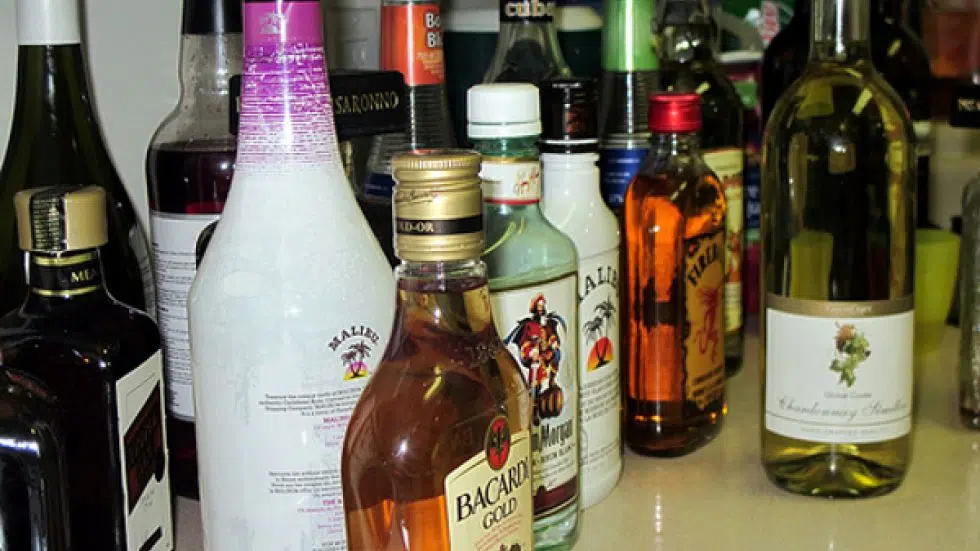
Top stories of 2014: P.A. tackles alcohol abuse
Our 5th top story of 2014 is about the efforts taken within Prince Albert to deal with alcohol abuse in the community.
Community groups and organizations mobilized this past year to deal with the problems connected with alcohol use in the community. The HUB and the COR (Centre of Responsibility) helped to launch alcohol strategy meetings, which involved the local police and health officials as well.
Prince Albert Police Service Chief Troy Cooper said that the issue of alcohol use in the community has been a struggle and a challenge for the police. One of its partners is the City, but Cooper said it has a lot of partners in the community who aren’t passive and aren’t ignoring the most vulnerable population.
“So, when we have issues around public intoxication, you know, we’ve got a real strategy that includes more than just the police. And … so, I’m hopeful that we’ll see some results there eventually.”


